Better Zoom calls, simpler email attachments, smart iPhone cases and other patents from Big Tech.
Category: robotics/AI – Page 1,976

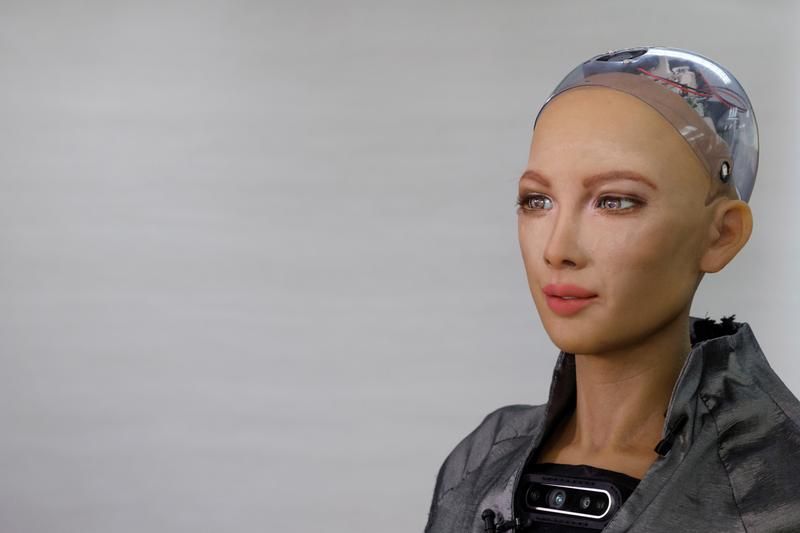
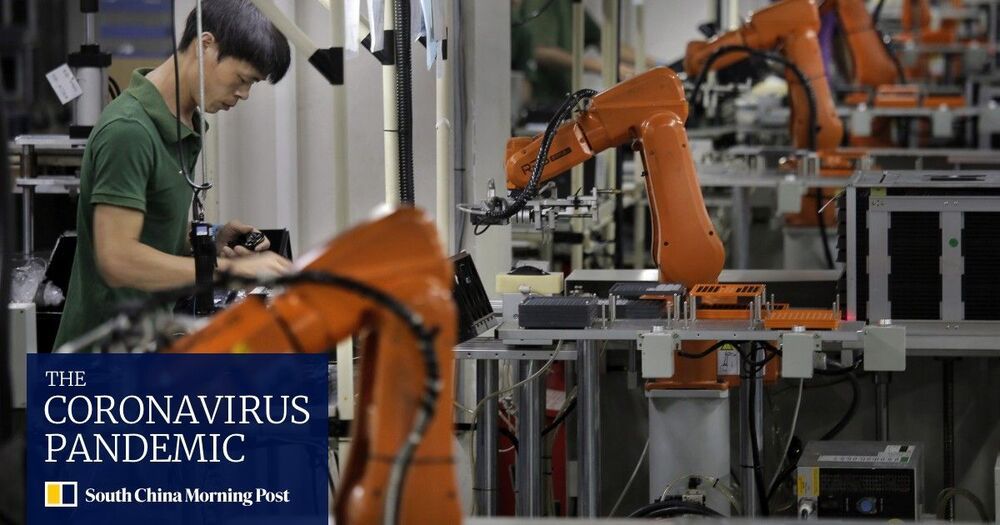
China’s factories must be ‘armed with automation’ as virus gives robots a boost
Government-backed incentives and funding are still the main engines driving Chinese manufacturers to replace humans with robots in industries including pharmaceuticals, medical devices, new infrastructure projects and food processing.
Trade war with US saw many companies relocate outside China, but orders came back last year as Chinese production rapidly rebounded from the coronavirus, and a robotics boom is expected in 2021.
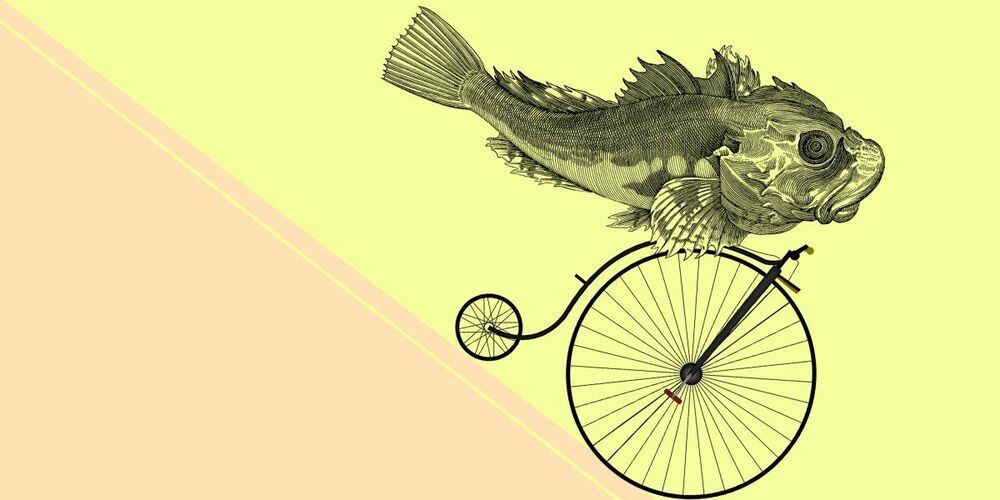
A concept in psychology is helping AI to better navigate our world
The concept: When we look at a chair, regardless of its shape and color, we know that we can sit on it. When a fish is in water, regardless of its location, it knows that it can swim. This is known as the theory of affordance, a term coined by psychologist James J. Gibson. It states that when intelligent beings look at the world they perceive not simply objects and their relationships but also their possibilities. In other words, the chair “affords” the possibility of sitting. The water “affords” the possibility of swimming. The theory could explain in part why animal intelligence is so generalizable—we often immediately know how to engage with new objects because we recognize their affordances.
The idea: Researchers at DeepMind are now using this concept to develop a new approach to reinforcement learning. In typical reinforcement learning, an agent learns through trial and error, beginning with the assumption that any action is possible. A robot learning to move from point A to point B, for example, will assume that it can move through walls or furniture until repeated failures tell it otherwise. The idea is if the robot were instead first taught its environment’s affordances, it would immediately eliminate a significant fraction of the failed trials it would have to perform. This would make its learning process more efficient and help it generalize across different environments.
The experiments: The researchers set up a simple virtual scenario. They placed a virtual agent in a 2D environment with a wall down the middle and had the agent explore its range of motion until it had learned what the environment would allow it to do—its affordances. The researchers then gave the agent a set of simple objectives to achieve through reinforcement learning, such as moving a certain amount to the right or to the left. They found that, compared with an agent that hadn’t learned the affordances, it avoided any moves that would cause it to get blocked by the wall partway through its motion, setting it up to achieve its goal more efficiently.
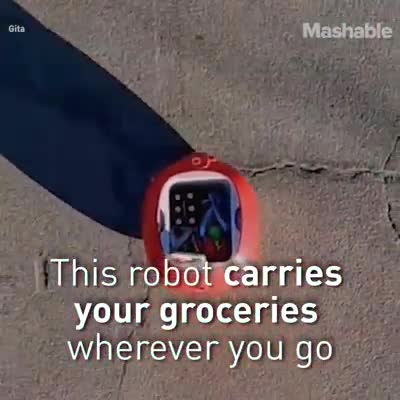
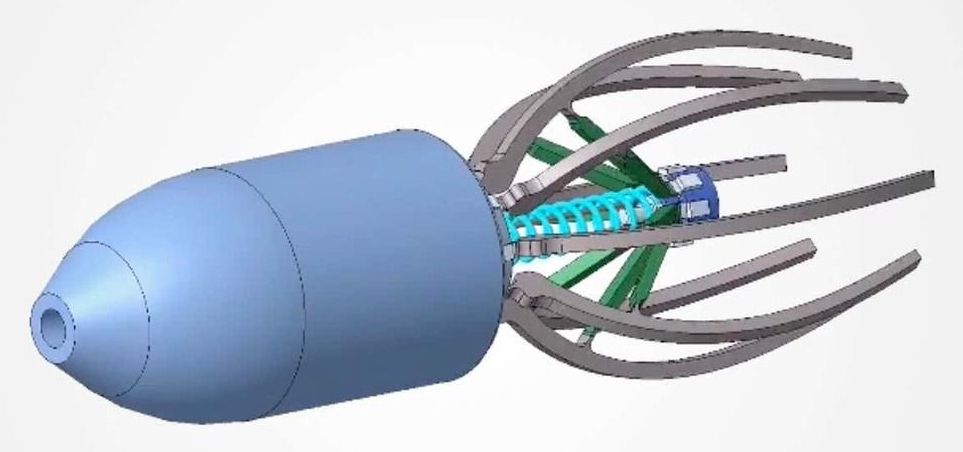
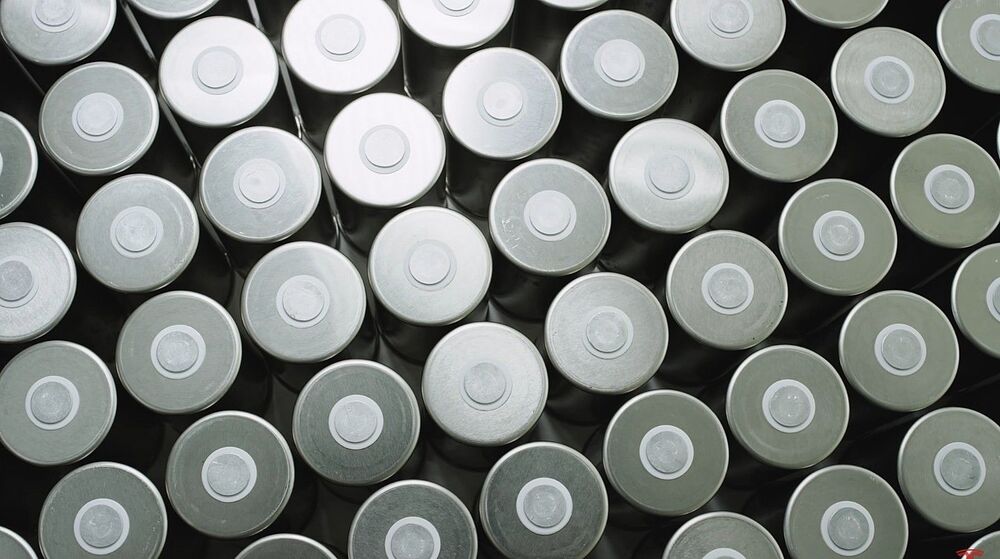
Tesla’s 4680 cell production line hints that Elon Musk’s ‘Alien Dreadnought’ is coming to life
Tesla recently shared some footage of its next-generation 4680 battery cells being produced. The video, which seems to be taken from the electric car maker’s pilot Roadrunner line, suggests that Tesla’s 4680 battery manufacturing system may very well be Elon Musk’s elusive “Alien Dreadnought” concept coming to life.
During the lead up to the Model 3’s initial ramp, Elon Musk envisioned a vehicle production system that was so automated, it would look extraterrestrial in nature. Dubbed as the “Alien Dreadnought,” this concept ultimately fell short of its targets, and Tesla eventually adopted a production system for the Model 3 that combined both human and automated machines. Since then, Tesla has taken steps towards increasing the automation of its vehicle production system, as evidenced by parts like the Model Y’s rigid wiring, which are optimized for installation by robots.
Tesla’s video of its 4680 battery production line suggests that the company’s level of automation has reached levels that have never been seen before. As noted by TSLA bull @truth_tesla on Twitter, the footage shared by Tesla in its recruitment video showed a battery production line that is incredibly automated. This could be seen immediately in Tesla’s main battery production line, which, unlike traditional battery manufacturing facilities, is largely absent of human workers.

Stanford AI Technology Detects Hidden Earthquakes – May Provide Warning of Big Quakes
New technology from Stanford scientists finds long-hidden quakes, and possible clues about how earthquakes evolve.
Tiny movements in Earth’s outermost layer may provide a Rosetta Stone for deciphering the physics and warning signs of big quakes. New algorithms that work a little like human vision are now detecting these long-hidden microquakes in the growing mountain of seismic data.
Measures of Earth’s vibrations zigged and zagged across Mostafa Mousavi’s screen one morning in Memphis, Tenn. As part of his PhD studies in geophysics, he sat scanning earthquake signals recorded the night before, verifying that decades-old algorithms had detected true earthquakes rather than tremors generated by ordinary things like crashing waves, passing trucks or stomping football fans.
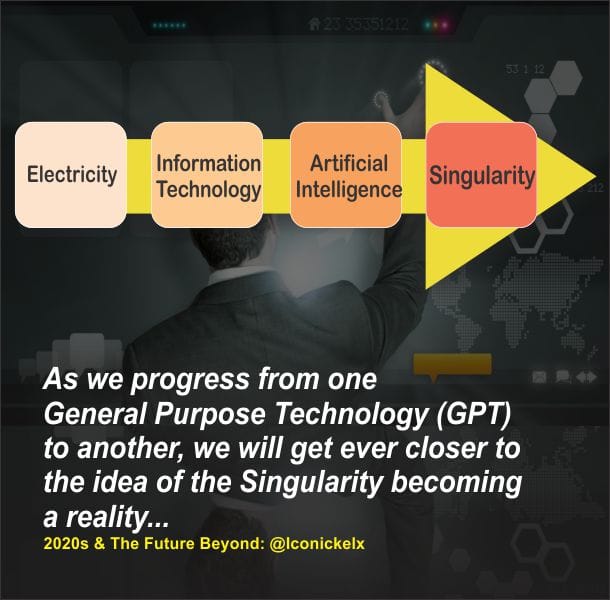
AI to the Future
From self-driving cars, to the many automated production processes we will end up creating; we will allow AI drive us into the next era of human civilization.
We will allow the creation to create, and according to futurist and technologists’ world over, there is only one likely path where this road will lead to — the Singularity (the point where computer intelligence surpasses human intelligence).
- The Above is an excerpt from the book, 2020s & The Future Beyond.
Will be happy to hear the thoughts of group members.
#Iconickelx.
#AI #Singularity #Future